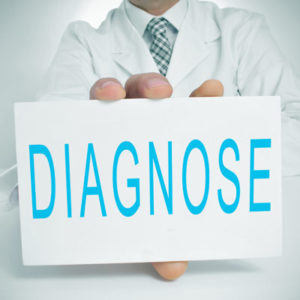Information about MRSA for Patients and Their Loved Ones
November 11, 2014
Whenever we hear the word “MRSA” we start to think the worst. Why? Because MRSA infections, otherwise known as “Methicillin-resistant Staphylococcus aureus” infections are scary ones. They don’t respond to the antibiotics used to treat most other kinds of infections and can be spread by direct contact with an infected wound or from contaminated hands.
In the healthcare setting, MRSA can unintentionally be carried from one patient to another unless careful precautions are employed to reduce or eliminate MRSA.
Anyone can get MRSA by direct contact with an infected wound. MRSA risk increases when a person is engaged in an activity that involves crowding and skin contact with others. For example, school students, hospital, clinic or nursing home patients or workers, athletes, daycare workers and children and military personnel may be at increased risk.
MRSA symptoms are not unlike symptoms of other infections. If an area is red, warm to the touch, swollen, painful, pus-filled and there is a fever, think MRSA and see a doctor to be evaluated. It’s better for everyone when MRSA is treated early: the patient, family and our community.
Preventing MRSA involves common sense. It’s not complicated. Here are things to remember:
- Wash hands often and bath regularly
- Keep injuries like cuts and scrapes clean and covered until fully healed
- Don’t share razors, toothbrushes or towels with others
- If you think you or a loved one has MRSA, see a doctor immediately!
In the hospital or nursing home setting, people are at an increased risk of MRSA because they already have other health conditions making them sick. That’s why hospitals and nursing homes must be especially vigilant in MRSA prevention programs. To prevent MRSA infections, healthcare workers must always disinfect their hands before and after caring for every patient. They must ensure that every hospital or nursing home room and all medical equipment are disinfected, including bed rails, linens, bathroom fixtures and mattress covers. Nursing home or hospital patients with known MRSA infections must be kept in isolation with special precautions.
What can we do to help our loved ones avoid contracting MRSA when in a hospital or nursing home? Make sure all healthcare workers (including doctors and nurses) clean their hands before and after seeing your loved one. Don’t be shy about speaking up!
Treatment options for MRSA infections depend on the severity of the infection. Antibiotics and drainage are often used. One thing is certain, though. NEVER try to treat a MRSA infection yourself. Cover your wound and see a doctor. And remember this. If you believe that you or a loved one has contracted MRSA because of healthcare negligence, call us at Galfand Berger. We’ll help you find the answer you need. Our Philadelphia personal injury lawyers handle all types of medical malpractice in Philadelphia and New Jersey. Call our offices in Philadelphia, Reading and Bethlehem to discuss the details of your case at 1-800-222-8792 or submit an online inquiry.
 Google Screened
Google Screened
